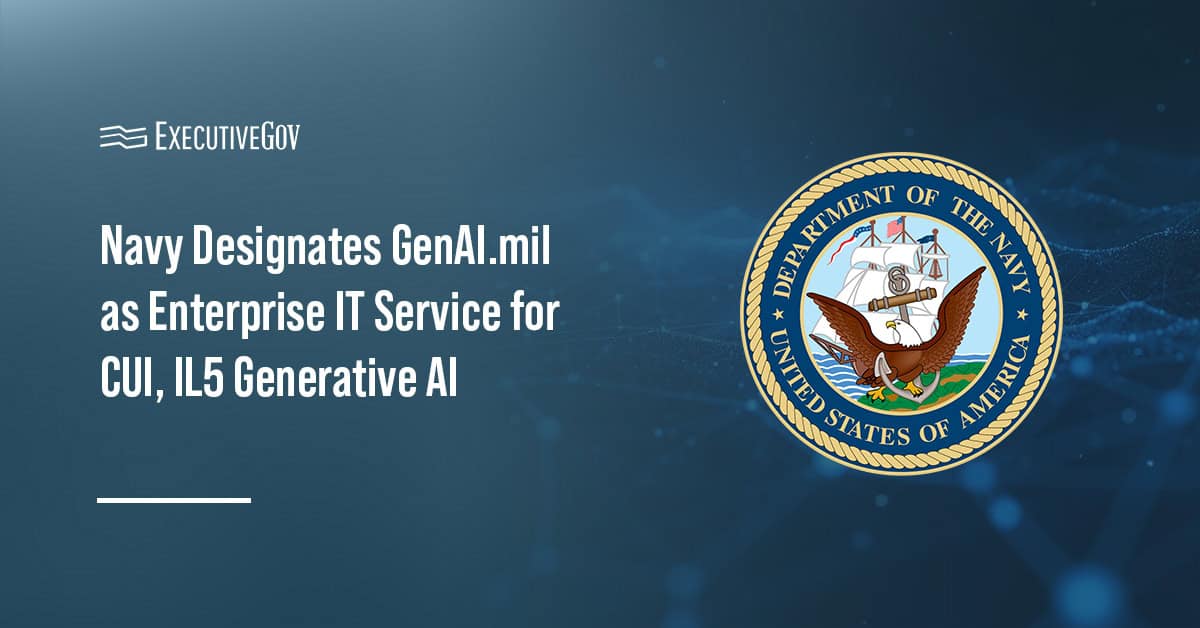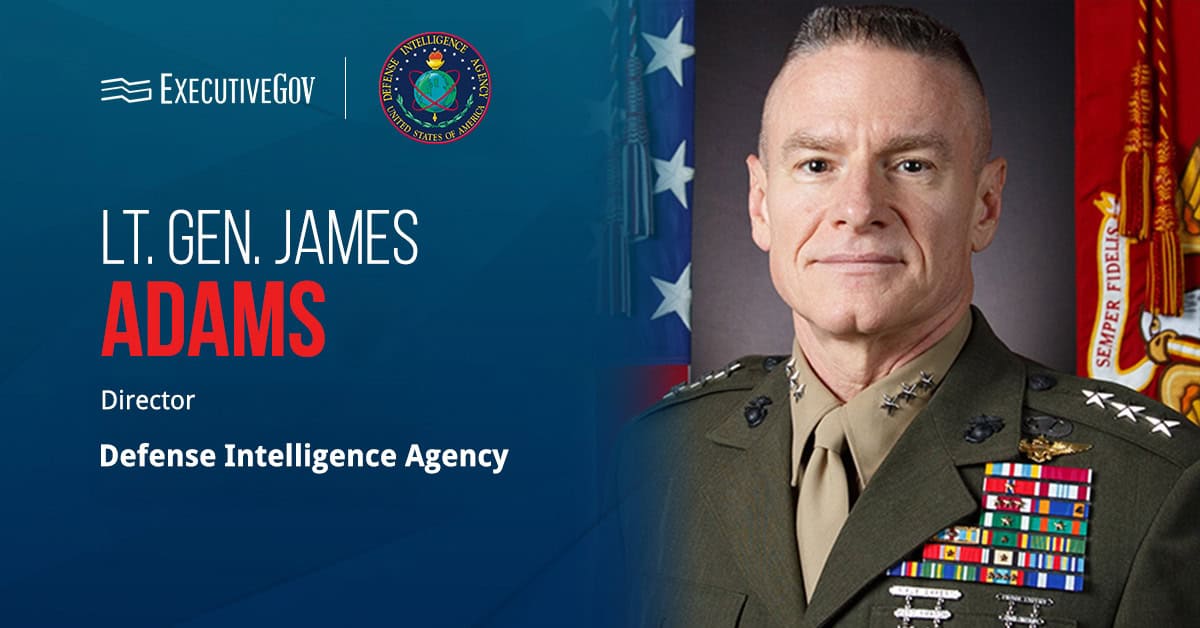Secretary of the Navy and 2024 Wash100 awardee Carlos Del Toro announced on April 9 at the Sea-Air-Space maritime expo the release of the 2024 Naval Science and Technology Strategy.
According to Del Toro, the strategy will serve as guidance for the U.S. Navy and U.S. Marine Corps as they carry out technology research amid “an innovation race” that the country must win, the U.S. Navy website reported Wednesday.
Del Toro also said the strategy serves as a “call to service” to partners in industry, academia and the government to partner with the Department of the Navy “in solving naval problems to ensure our freedom and way of life.”
The Navy secretary went on to underscore the importance of technological research, saying, “this innovation is the key to ensuring our competitive edge over our adversaries.”





